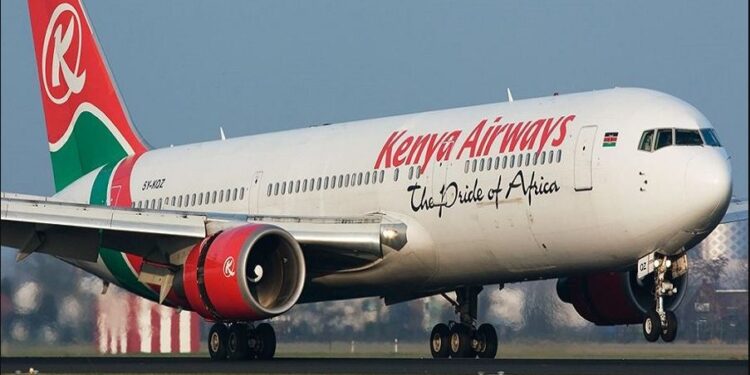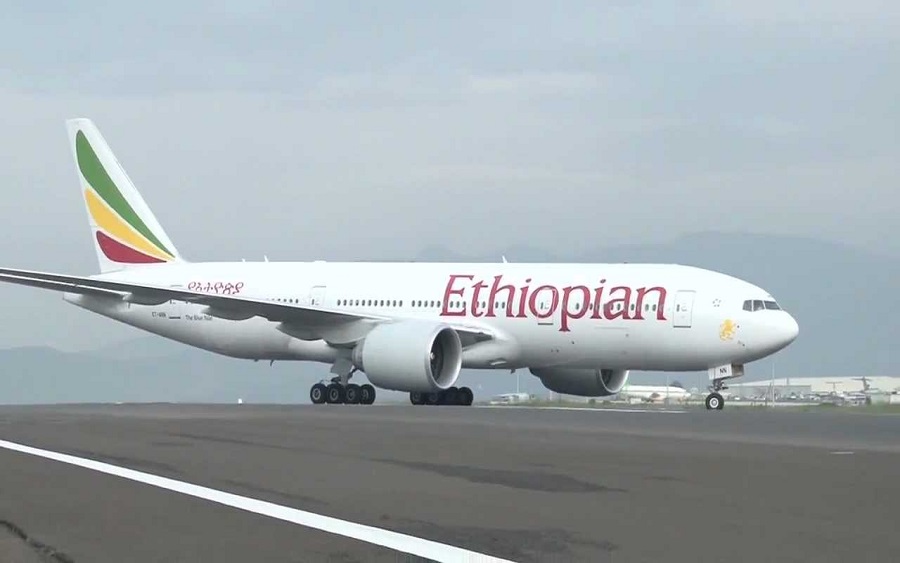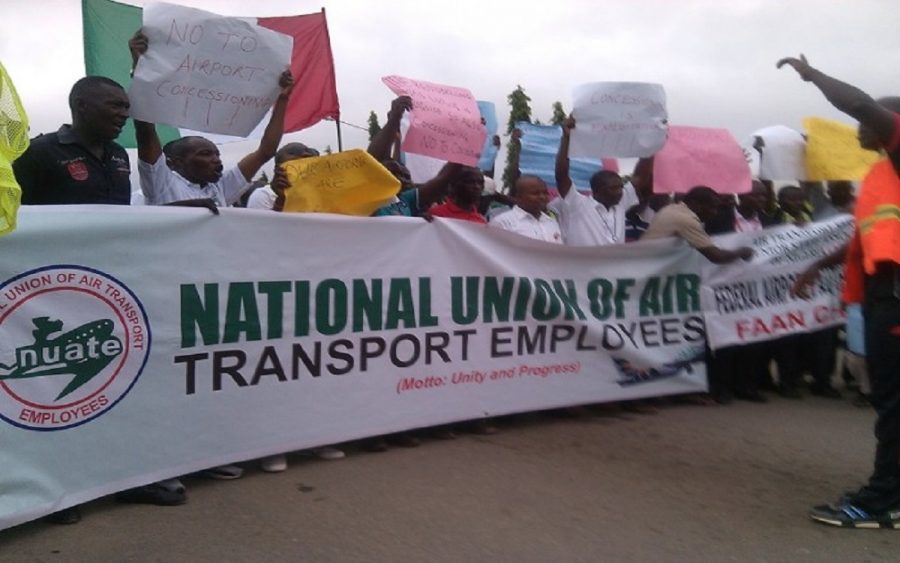After a five-year suspension, shares of Kenya Airways (KQ) are back on the Nairobi Securities Exchange (NSE) following a recent announcement from the markets regulator.
The freeze on trading was lifted on Monday, marking a significant milestone for the national carrier.
The suspension began in July 2020 when the Kenyan government introduced a proposal to renationalize the troubled carrier amid the severe disruptions caused by the Covid-19 pandemic, which had decimated global air travel.
However, the plan to bring the airline back under full government control was eventually abandoned, allowing Kenya Airways to chart a recovery path.
The Nairobi Securities Exchange announced the reinstatement in a statement, saying, “Notice is hereby given of the lifting of the suspension… effective January 5, 2025.”
The move comes after the withdrawal of a proposal to nationalize Kenya Airways, which had raised concerns among investors. Alongside this, the airline’s impressive financial turnaround in 2024 played a key role in the decision. For the first time in a decade, Kenya Airways reported a net profit of KSh 513 million in the first half of 2024, signaling a promising recovery after years of struggling financially.
What to know
The lifting of the suspension has provided an opportunity for over 75,000 individual shareholders, who together own 2.8% of Kenya Airways through the stock market. This comes as a welcome development, as many had been waiting for the chance to see their investments grow after years of uncertainty.
- Kenya Airways, known for its slogan “The Pride of Africa,” was established in 1977 after the collapse of East African Airways. Today, it operates flights to 45 destinations and serves over five million passengers annually.
- Despite these achievements, the airline has long struggled under a heavy debt burden, which multiple government bailouts and strategic partnerships have sought to alleviate.
- The carrier’s ownership structure reflects its hybrid identity as both a national and commercial entity. The Kenyan government holds a 48.9% stake, while Air France-KLM retains 7.8%. Notably, around 75,000 individual investors collectively own 2.8% of the airline through the stock market, underscoring its role as a publicly traded company with deep national ties.
While the resumption of trading signals a positive step, analysts caution that Kenya Airways still faces significant challenges, including market competition and operational inefficiencies. However, with the resumption of trading and a clear path forward, the airline’s leadership aims to leverage its improved financial standing to restore its position as a leading player in African aviation.
For investors and stakeholders, the return to the NSE offers a renewed opportunity to participate in the future of one of Africa’s most iconic carriers. The question now is whether KQ can sustain its momentum and fully capitalize on its recent gains to secure long-term stability.




















